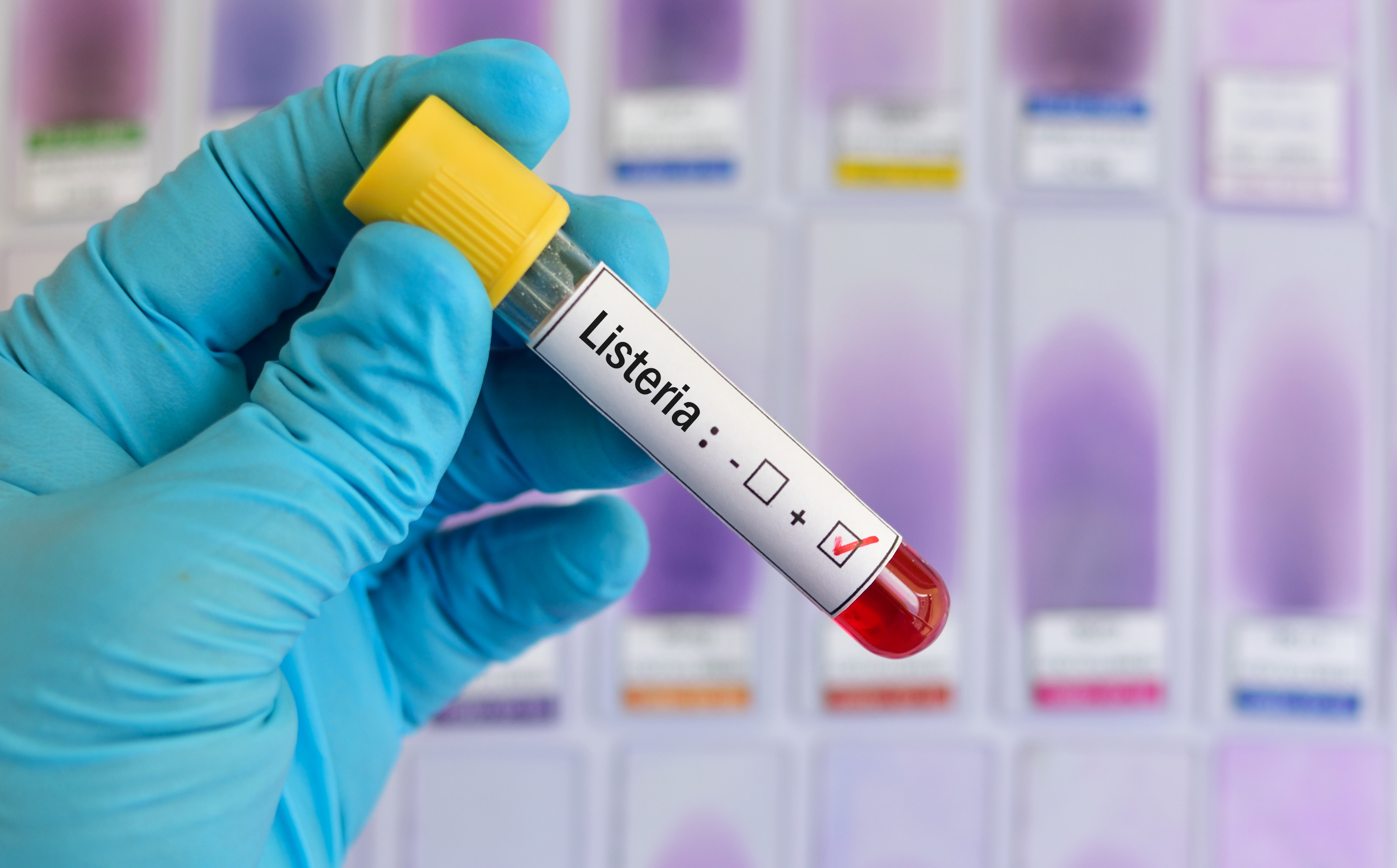Who’s at Risk? What To Know About Listeria Outbreaks
Listeria infection is a bacterial illness caused by eating contaminated food. Listeria outbreaks across the United States this year caused hundreds of hospitalizations. The Centers for Disease Control and Prevention estimates 260 people die from the infection each year.
The illness can cause serious complications for pregnant women, people over 65 and people with a weakened immune system. John Greene, MD, chair of the Infectious Diseases Program at Moffitt Cancer Center, explains that headaches, a stiff neck, confusion and fever are common signs that someone may be infected.

John Greene, MD
At the cancer center, Greene encourages patients with leukemia and lymphoma, patients on steroids or immunosuppressive therapy and older adults to be extremely cautious of listeria. “It can move from the gastrointestinal tract to the immune cells and then to the brain, often while evading detection until it’s too late,” Greene said.
Despite the illness being a high risk for people with a weakened immune system, Greene does not see a lot of patients sick from the bacteria. “We rarely see it at Moffitt even though we have the most vulnerable population due to preventative care and our patients’ selective diets,” Greene said.
Individuals at an increased risk of developing a listeria infection should be cautious of their food choices. The CDC recommends avoiding unheated deli meat, cold cuts, hot dogs, fermented sausages, raw (unpasteurized) dairy products and unheated cheeses sliced at a deli. According to the U.S. Department of Agriculture, “Animals can carry Listeria monocytogenes in their intestines without becoming sick and as result, the bacteria may be spread to meat and dairy products.”
LISTERIA OUTBREAK UPDATE: 9 more people sick and a third death reported. Several Boar’s Head deli meat products have been recalled. Do not eat recalled products. Those at increased risk for Listeria infection should always heat any deli meat before eating. https://t.co/41EEWn0H0u pic.twitter.com/tpgFlpEZYB
— CDC (@CDCgov) August 8, 2024
To stay informed on listeria outbreaks, you can check the CDC’s website for active investigations and look out for food recalls. If you think you may have a listeria infection, it’s important to contact a health care provider.



